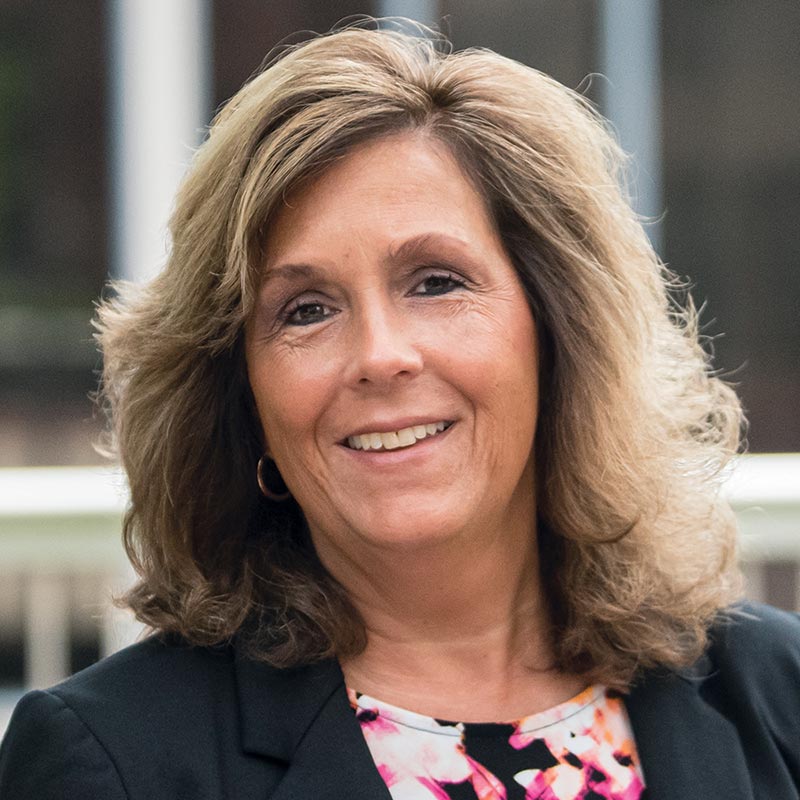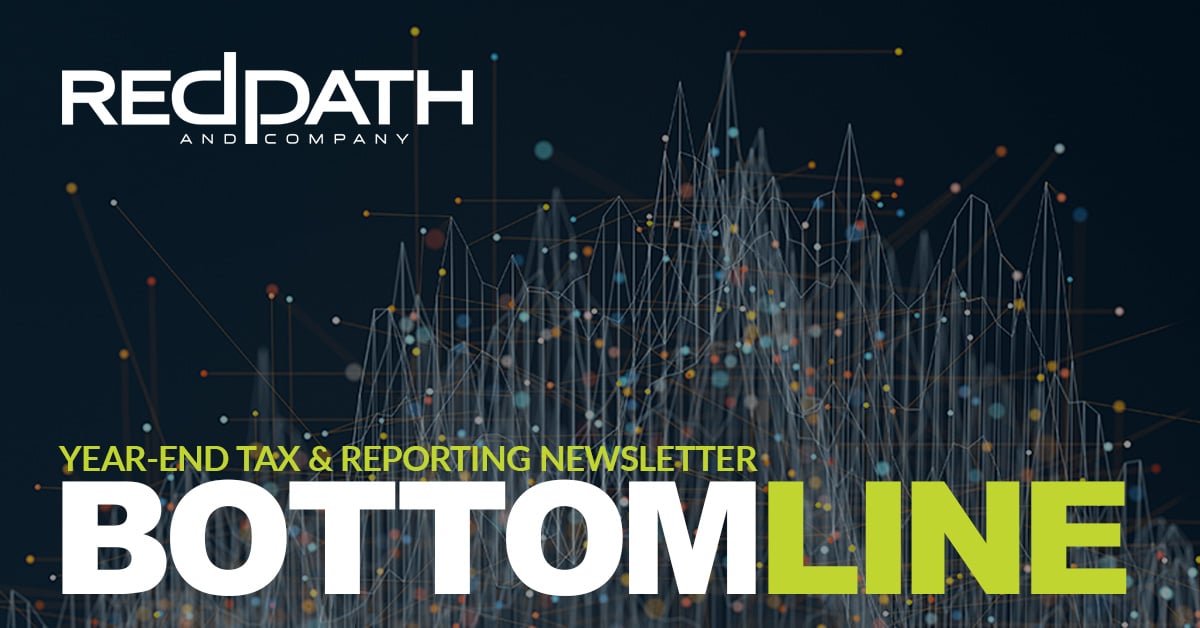Redpath Welcomes Mike Dunkle as a Transaction Advisory Services Partner
ST. PAUL, MN – February 3, 2026 – Redpath and Company is pleased to welcome Mike Dunkle as a Partner in the firm’s Transaction Advisory practice....
1 min read
 Christine Bentson, CPA, RPA, CEBS
:
February 6, 2019
Christine Bentson, CPA, RPA, CEBS
:
February 6, 2019

February 6, 2019 — Why should you know about catch-up retirement accounts? They can be a good strategy if you haven't saved quite as much as you want to have in retirement. This may be an excellent time to review these accounts as the annual contribution limits have recently been increased by the IRS.
You would probably need in excess of $1.5 million.
The earlier you start saving the better because of compounding interest. If you were currently age 50 and had started saving 15% of your income from age 40, and had saved $200,000 so far, and you kept investing at the same rate, it could grow to something like $950,000 by retirement age.
That seems like a pretty good amount, but it might only replace 65% of your income. That’s why it’s important that you are able to contribute more when you are nearer to retirement to make up for it.
You can try a retirement calculator where you plug in your own numbers by clicking here.
Here are some guidelines for the amounts you can contribute pretax to a retirement savings account once you turn 50:
Your ability to participate in catch-up contributions can be impacted by things like your savings to date, spousal employment and benefit situation, age, and how much you are contributing currently to your 401k or other employer-backed retirement plans.
Luckily, you don’t have to go about figuring all of this out alone. There are many professionals who can assist you in navigating the choices available to you in your situation.

ST. PAUL, MN – February 3, 2026 – Redpath and Company is pleased to welcome Mike Dunkle as a Partner in the firm’s Transaction Advisory practice....

The Redpath and Company BottomLine Newsletter ishere!

As 2025 drew to a close, the Governmental Accounting Standards Board (GASB) issued Statement No. 105, Subsequent Events. While the requirement to...